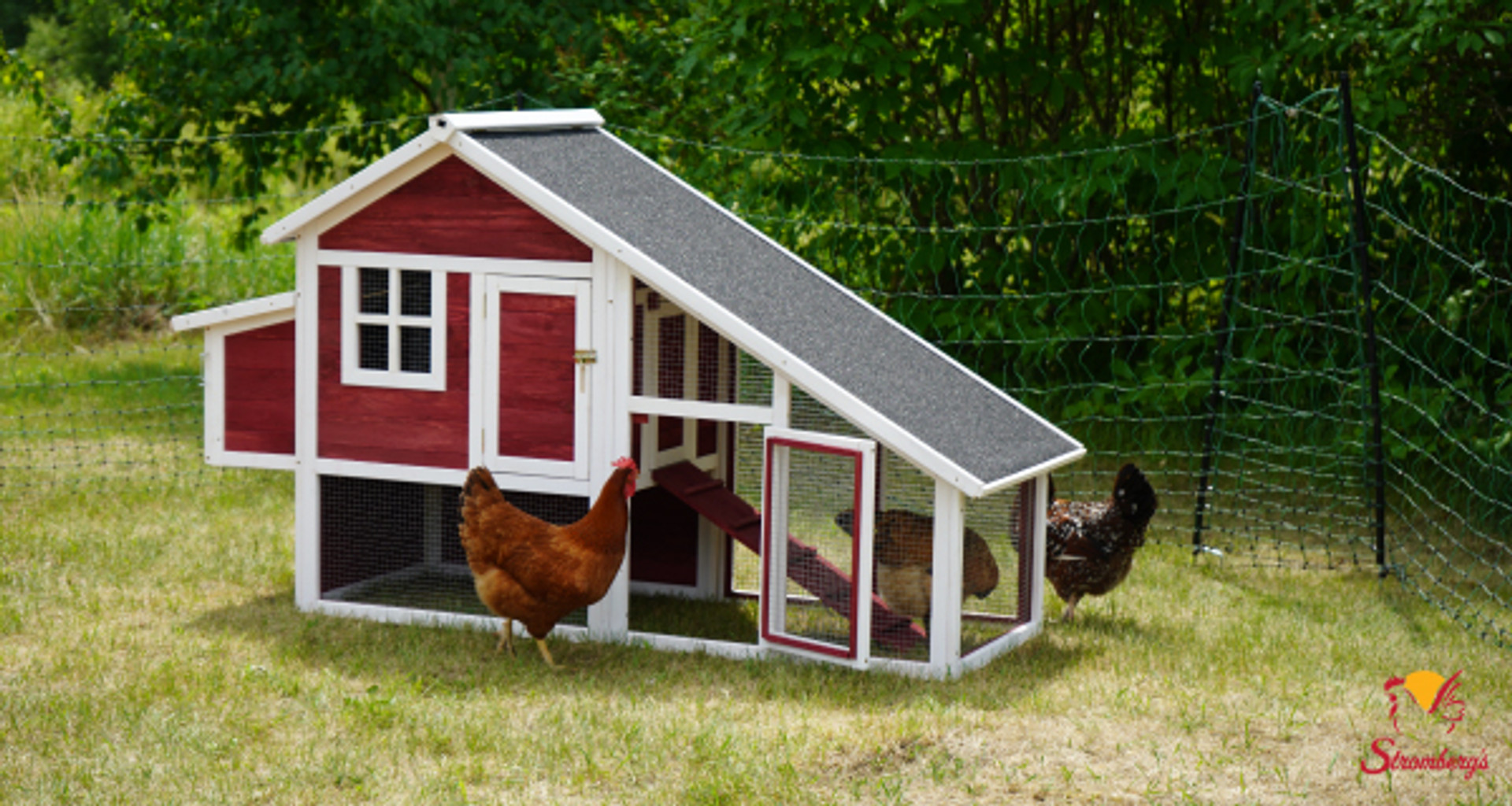3 Chicken Coop Design Mistakes to Avoid
When it comes to raising chickens and the kind of chicken coop you want in your backyard, your choices are nearly endless. Coops come in different shapes, sizes, colors, and designs, allowing you to build or buy the best fit for your birds and your space.
No matter what type of chicken coop you choose, there are a few requirements you need to consider along the way. If you don’t pay attention to size, security, natural light, and other details, you’ll end up with a coop that simply isn’t optimal for egg production and for keeping your flock in optimal health.
Make sure your hens have the best home possible by keeping an eye out for these chicken coop mistakes to avoid.
Making the Coop Too Small
The key to keeping your birds healthy, comfortable, and happy is to give them plenty of space. A coop that isn’t big enough for your entire flock can lead to bullying and stress when you raise chickens.
It’s important to give your birds enough space to eat, roost, and wander comfortably throughout the day. Research the breed of chickens you want to raise to see how much space each one needs. If you don’t plan on letting them free-range, make sure your flock has adequate space in their run as well.
Not Making the Coop Accessible
Many chicken keepers don’t think about how they’re going to maintain their chicken coops when they design or buy them. Making the space hard to clean is one of the most common chicken coop design mistakes.
Ensure your coop has fresh air and is accessible by choosing a design with large doors. For bigger coops, you should be able to stand inside comfortably. For smaller coops, ensure you can reach every corner without having to crawl around or reach into odd angles. Consider supplies like nesting boxes within the coop.
For instance, having an automatic chicken feeder can help eliminate spills and keep the food supply clean, ensuring a healthier space for your flock.
Not Thinking About Predators
To a roaming fox, hawk, or another predator, your chicken coop is like a free buffet. Thus, predator-proof measures are an essential aspect of a successful coop. Ensure your walls and fencing are sturdy and free of holes or damage.
Pay close attention to the types of predators you see in your area and adapt your defenses accordingly. If you get a lot of flying predators, consider buying overhead netting to safeguard your birds outside of their coop. For raccoons, rats, and other creatures that burrow, bury your fencing several inches into the ground to deter them from digging under.
One of the best ways to avoid mistakes is by learning from others. Share your experiences with us and your fellow backyard chicken enthusiasts in the comments below!

